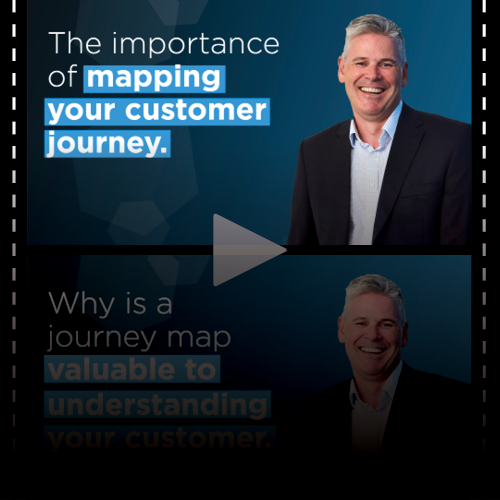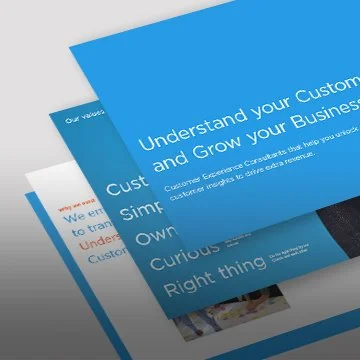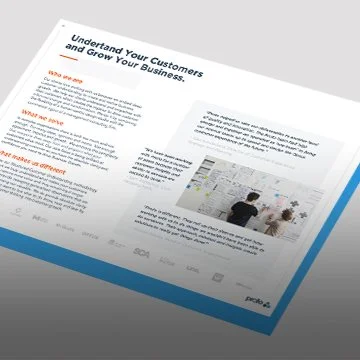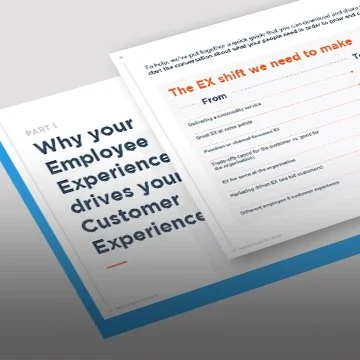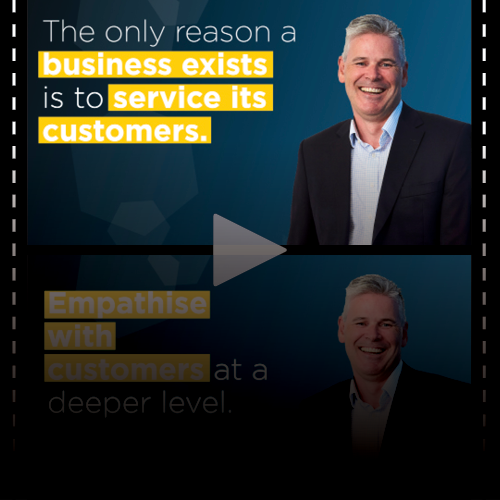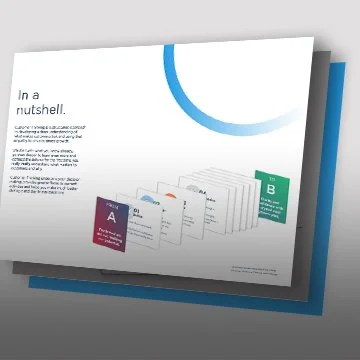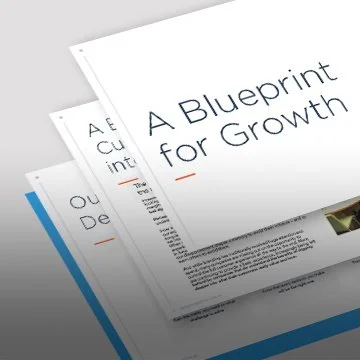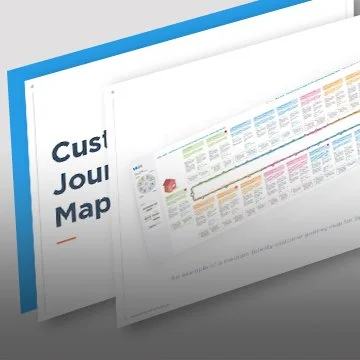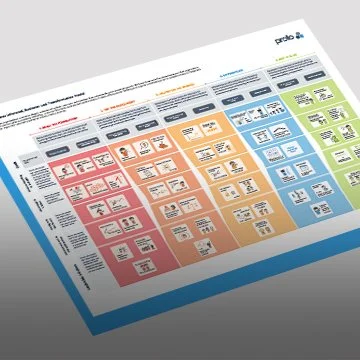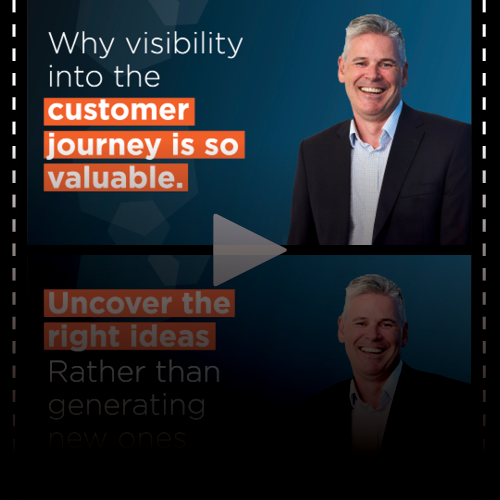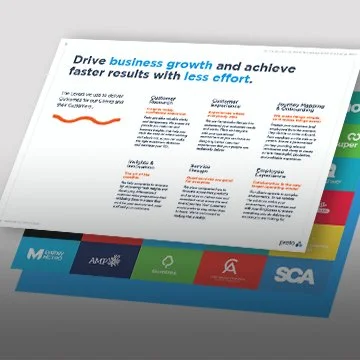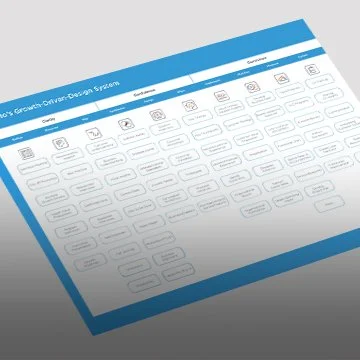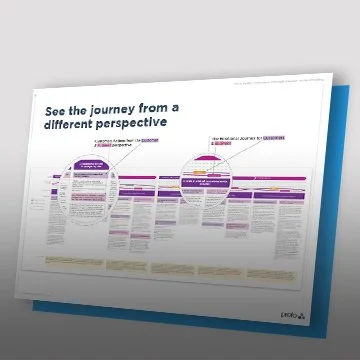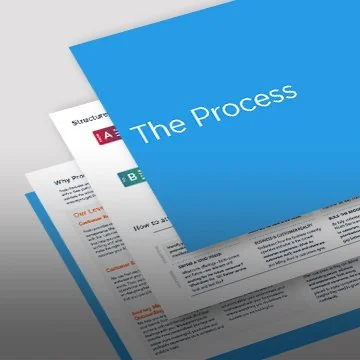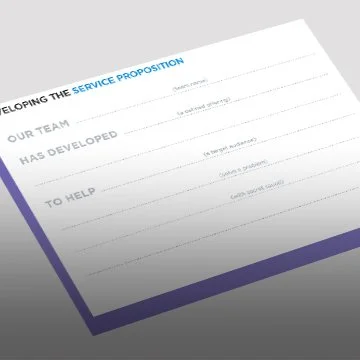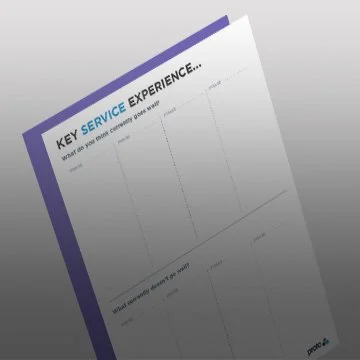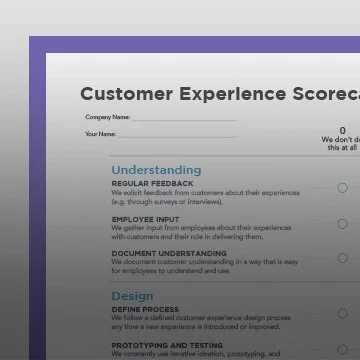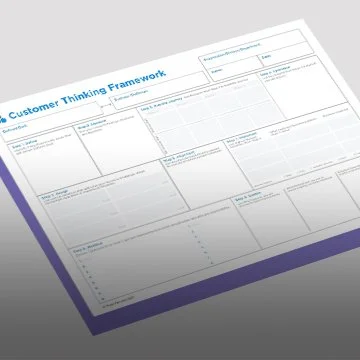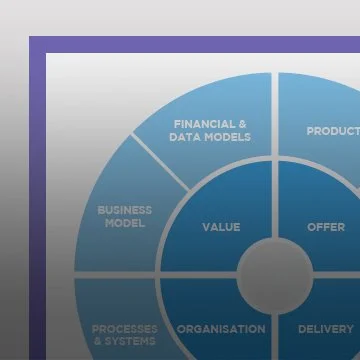Free Customer Experience Resources and Downloads
At Proto, we believe knowledge should be practical, accessible, and built to create growth. That’s why we’ve curated a comprehensive library of free resources, guides, and downloads designed to help leaders, teams, and organisations understand their customers and deliver measurable improvements. Whether you’re exploring the basics of customer journey mapping, looking for a structured CX strategy roadmap, or searching for business growth tools, this page is your starting point.
Video Guides
Learning is easier when you can see and hear real examples. Our video guides walk you through the essentials of becoming more customer centric, building a successful CX program, and uncovering the real value of journey mapping. Each video is designed for busy executives who want practical strategies they can put into action right away.
Proto Information and Resources
Our information sheets explain how structured customer understanding fuels growth. You’ll find clear introductions to Customer Intelligence and Human-Centred Design, as well as visual frameworks like our 9 Step Business Growth Map. These downloads are simple to use and packed with practical insights that can help your team align around what matters most to customers.
Understand customers, grow your business.
Our 9 Step Business Growth Map
An introduction to Proto: Approach, Mindset and Insights
Impact of Employee Experience on Customer Experience
An introduction to Customer Intelligence
A Blueprint for Growth
Customer Journey Mapping 101
Customer-Led Transformation Model: Step to Success
An Introduction to Proto Human Centred Design
Growth Driven Design Framework
Customer Journey Map: Why to Map both sides, customer, staff?
Structured Customer Understanding Overview
Customer Value Proposition
High Level Customer Journey
Worksheets and Practical Tools
Sometimes the fastest way to get started is with a worksheet. Our free downloads include the Customer Intelligence Iceberg, the Customer Thinking Framework, and the CX Diagnostic Scorecard to benchmark your progress. These resources are designed to help you assess your current state, set priorities, and track measurable results over time.
Ultimate CX Diagnostic Scorecard: Assessment your maturity
Customer Intelligence Iceberg
The Customer Intelligence Framework
Growth Driver Wheel
Why Use Our Resources?
Every download is built from years of experience helping organisations transform customer understanding into growth. They’re simple, visual, and ready to apply. Whether you’re just starting with customer experience consulting or refining a mature CX program, these resources give you the clarity and confidence to take the next step.


